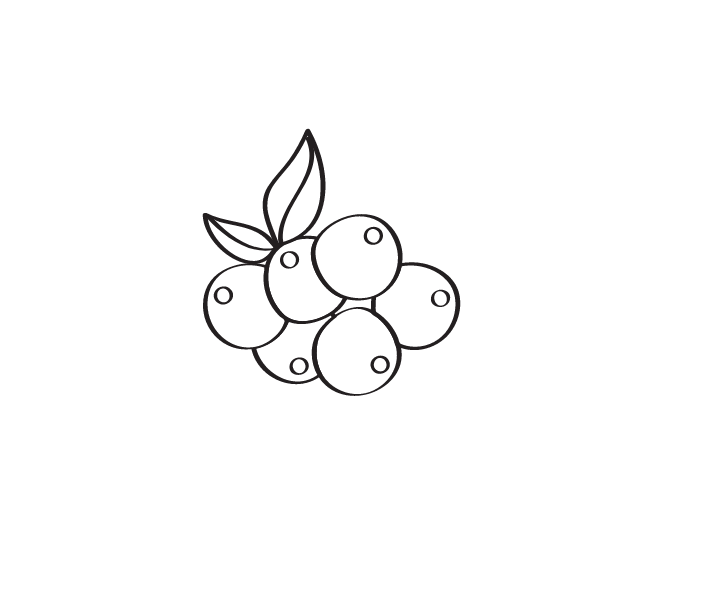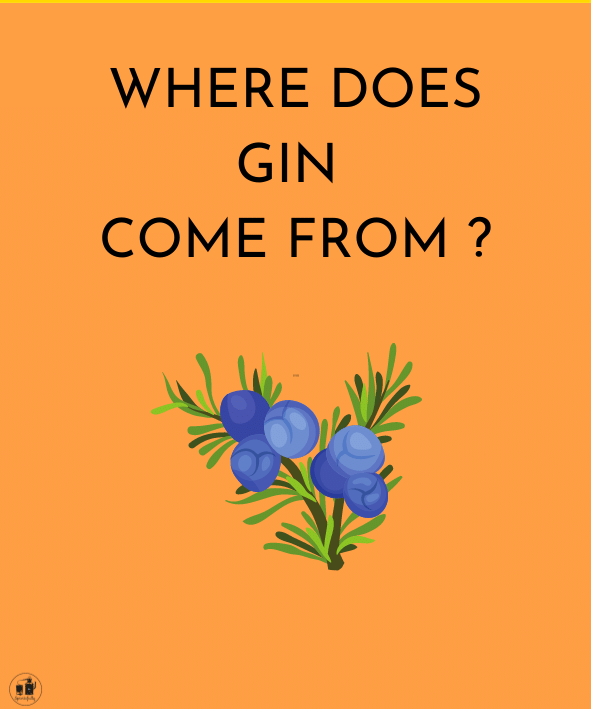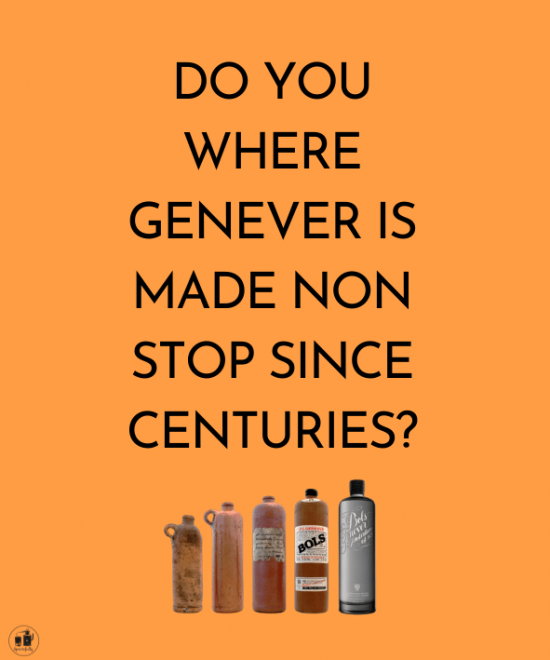Ready for a controversial history ? The history of gin is fascinating and parallel to the history of alcohol in Middle Age Europe.
The actual origins of gin can be traced back to Benelux between 13th and 16th century.
For most, it seems that Dr. Franciscus de Le Boe Sylvius invented Gin in 1650. He was a medical professor at the University of Leyden, in the Netherlands.
“The problem with this theory is that Dr. Sylvius was born in the 17th century and that during his fourteen-year tenure as a professor at the University of Leyden his research included distilling medicines with juniper berry oil, but none of his research papers contain any reference to jenever“
„Additionally, in 1606 the Dutch had already levied taxes on jenever and similar liquors which were sold as alcoholic drinks, suggesting that jenever had stopped being seen as a medicinal remedy many years before Dr. Sylvius was even born”.
So while the legend of Dr. Sylvius’s “medicine” may be more myth than fact, it has become the tale most people know.
For others, the inventor may be Belgian Thomas de Cantimpré whose thirteen-century “Liber de Natura Rerum” was translated to Dutch by a contemporary Jacov van Maerlant in his 1266 work “Der Naturen Bloeme”. The text recommended boiling juniper berries in rainwater or wine to cure stomach pain. This is the first written mentions of a recipe stipulating jenever.
Lastly „The Nationaal Jenevermuseum Hasselt Belgium claims unequivocally that jenever was created in the lowlands of Flanders in the thirteenth century. Their assertion is given credence by commentary in ‘Jenever in de Lage Landen’ by author Prof. Dr. Eric Van Schoonenberghe.“
Whoever the first person might have been, as with many other spirits, gin was intended to be used as a medicine. The goal was to find an inexpensive diuretic to use in the treatment of kidney disorders. The fact that Juniper may cure kidneys and liver is known since the Greek. What made the Jenever recipe so revolutionary was not the use of Juniper, it had been used before in dozens of liqueur formulas, but the choice of grain alcohol. Most beverage alcohol had been made from grapes or other fruits. While the Scotch and Irish were making whiskies from grain, they tempered them with years of aging in wooded casks. Unaged grain spirits, at least those produced with the 17th century technology, were considered too harsh for human consumption. But Genever tasted good and it was relatively inexpensive to produce.
The medical use has been quickly let aside and distilleries quickly established and start producing Genever. The name was then shortened into ‘Gin’ over time by the English, after they discovered the drink while fighting along the with the Dutch Soldiers in the late 1500s. The appreciation has been reinforced by the fact that a king from Netherland became the king of England (making Gin an English drink) and allowed everyone to distil. In 1690 after the distilling act anyone who wished to distill, simply needed to post a notice of intention before starting up.
Sources:
Adapted from an article on this website HERE
And Amy Stewart’ Drunken Botanist (full references in the resource links)
And Jenever, from Wikipedia. Great article and more up to date as per the latest possible origins. The quote in italic are from this article.




















